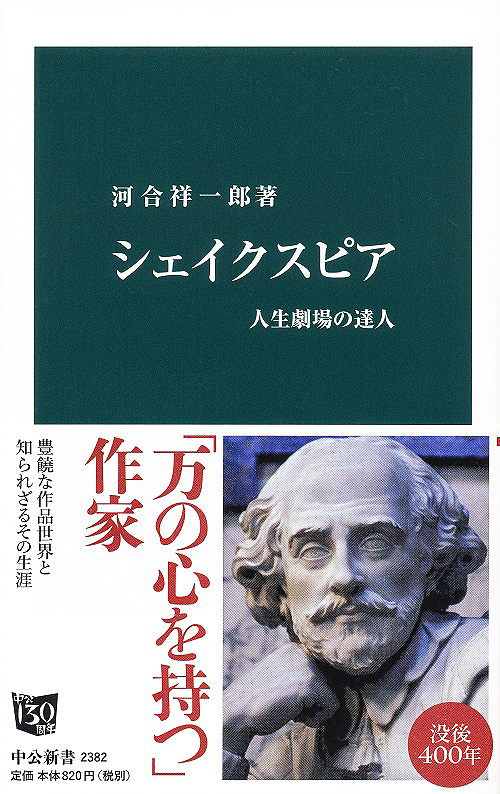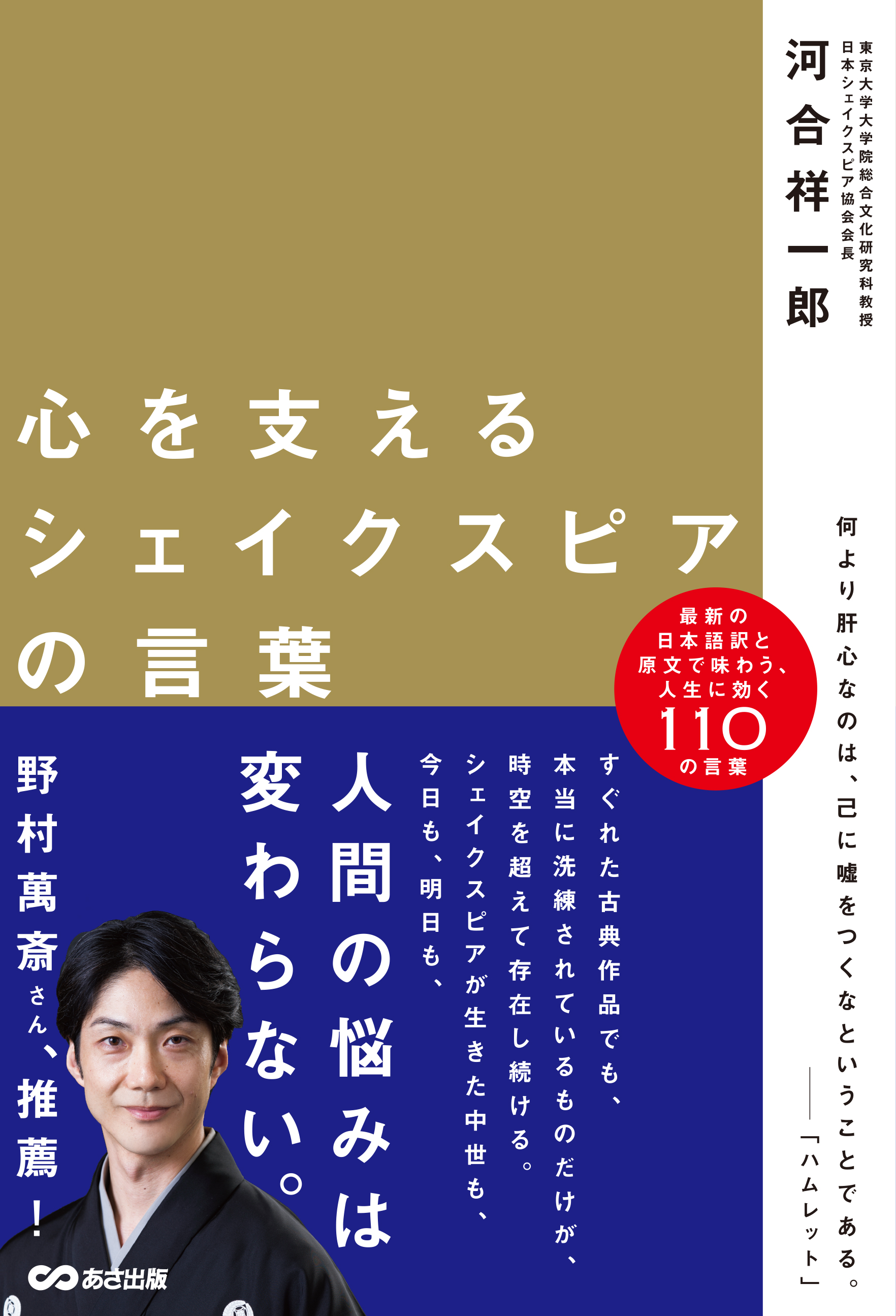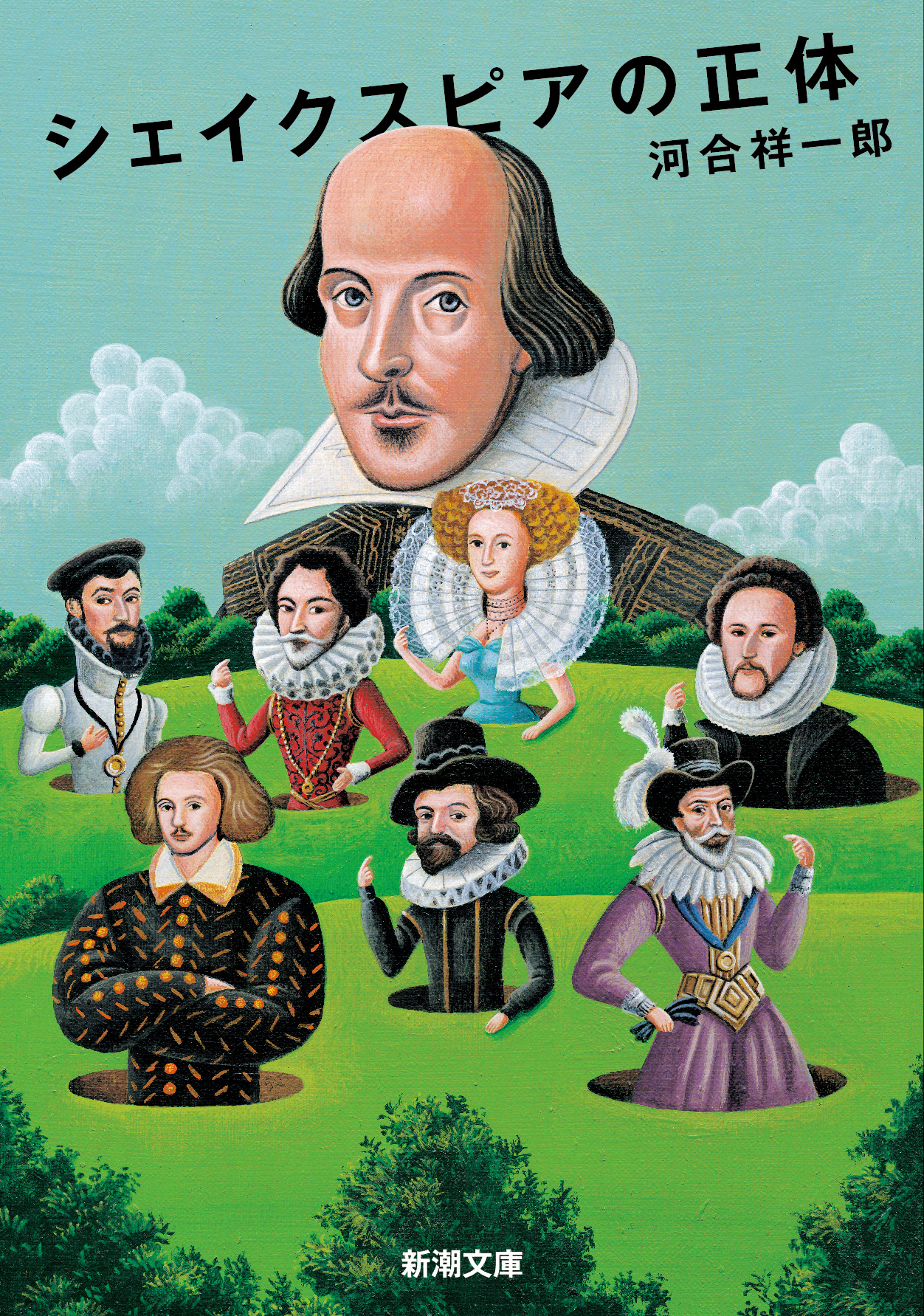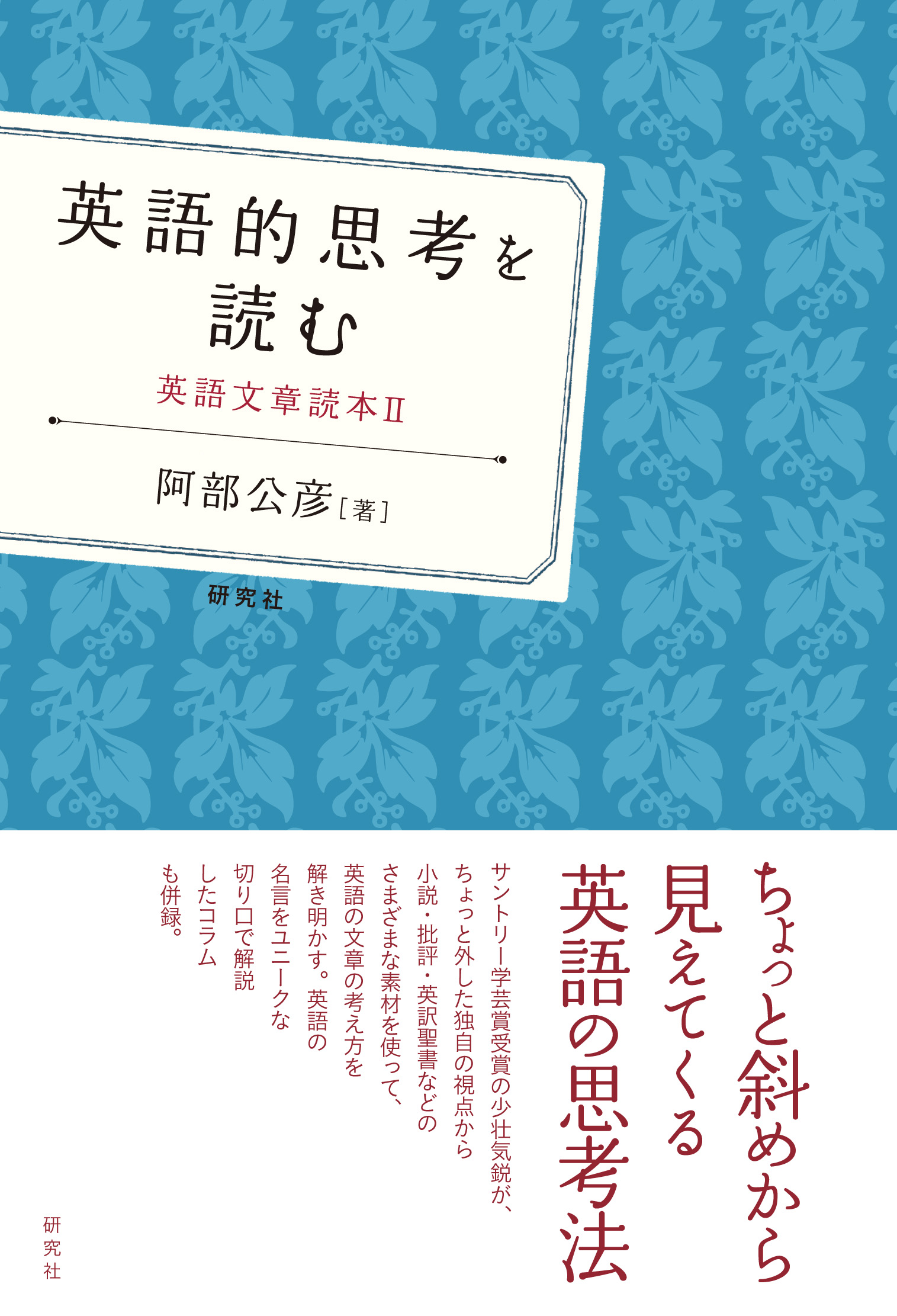
Title
Shakespeare: Jinsei Gekijo no Tatsujin (Shakespeare: Virtuoso of Theatrum Mundi)
Size
242 pages, paperback
Language
Japanese
Released
June 25, 2016
ISBN
978-4-12-102382-7
Published by
Chuokoron-Shinsha, Inc.
Book Info
See Book Availability at Library
Japanese Page
This book elucidates the characteristics and the charm of Shakespeare and the world of his plays for beginners and scholars alike. Its purpose is to clarify his thought by examining his canon, by taking the age he lived in into consideration. The first three chapters of the book comprise a concise biography that explains how the problems of the age obscured Shakespeare. The fourth chapter explains “Shakespeare’s magic” that is not recognized when the audience is watching a play. The fifth chapter focuses on his comedies based on contemporary humanism that mortals are never free from folly. Thus, Shakespeare used fools to emphasize the folly of his heroes.
Shakespeare was very fond of oxymorons, or expressions that admit contradictions. This was because Shakespeare understood that human beings are full of contradictions. People cannot often do what they should. They hurt each other when they should love each other. Our life is beyond reason, and we should understand that it is in these contradictions that we find our true selves.
The sixth chapter focuses on his tragedies, where mishaps occur due to the quest for a single truth, or justice excludes alternatives. “To be or not to be” symbolizes a tragic world, whereas “To be and not to be” denotes the world of comedy, where different views co-exist.
The last chapter focuses on Shakespeare’s philosophy. When you understand Shakespeare, you will know that different perspectives are very important. Shakespeare is often referred to as myriad-minded because his works are filled with many different viewpoints. It is also said that Shakespeare’s real face is hidden behind the masks of his various characters. Nevertheless, Shakespeare would say that you cannot know yourself after all, for you are always changing while acting in your theatrum mundi. If you learn Shakespeare’s philosophy, you might be able to find a different, unexpected self in you.
(Written by KAWAI Shoichiro, Professor, Graduate School of Arts and Sciences / 2017)



 Find a book
Find a book




